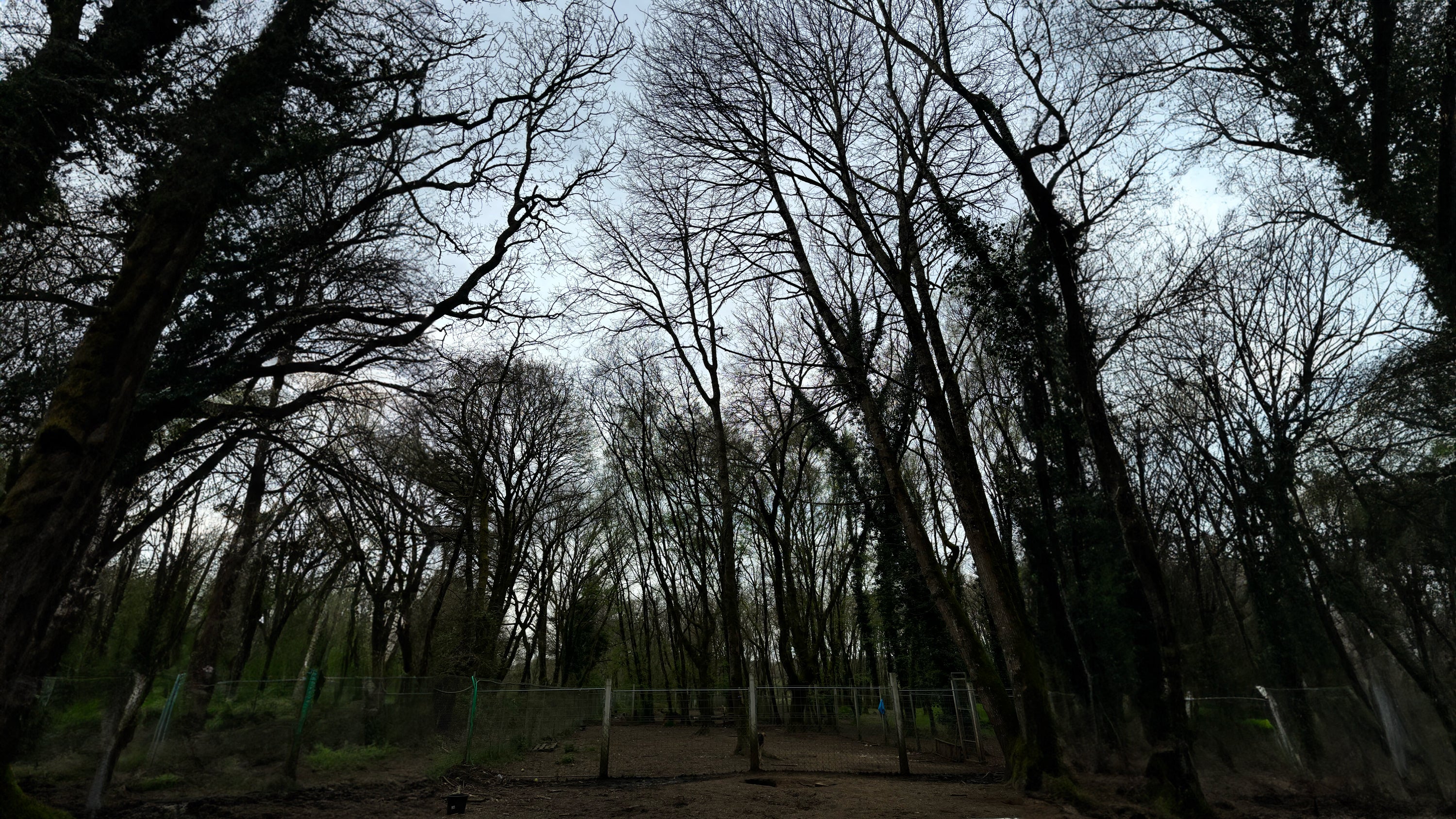Organización
Nuestra Historia
La Sociedad Protectora de Animales y Plantas de Lugo fue inscrita en el Registro Provincial de Asociaciones, con fecha 5 de Febrero de 1982, momento en el que inició su actividad bajo la dirección de D. Juan José Fernández Medina, presidente de la Junta Gestora de la Sociedad.
Semanas después de su constitución, el 15 de marzo, celebra su primera Junta General Ordinaria de la que sale elegida la primera Junta Directiva de la Sociedad que será presidida por D. Jesús Benito Rego Cobo quien se dirigió a la Diputación Provincial en solicitud de cesión de terrenos en los que ubicar sus primeras instalaciones de acogida.
Aquellas gestiones dieron como resultado la cesión de una parcela, de unos 3.000 metros cuadrados, ubicada en la finca denominada Codeside o Codesido, próxima a As Gándaras (Muxa), a unos 7 kilómetros del centro de Lugo, lugar en las que aun se mantienen sus instalaciones. Desde sus comienzos, las distintas juntas directivas han ido construyendo los cheniles (o caniles), que hoy conforman las actuales instalaciones, con una capacidad de acogida máxima de 120 animales, número siempre superado por las circunstancias de cada momento.
Las actividades desarrolladas, desde sus inicios hasta hoy, han estado ligadas a la vida de los animales -principalmente perros abandonados y gatos-, y, en un plano secundario, a las plantas, aunque en sus inicios muchos de sus esfuerzos estuvieron dirigidos a la defensa del acebo, especie hoy protegida gracias a las voces de quienes, entonces, regían los destinos de nuestra Sociedad que, junto a otras organizaciones de Defensa de la Naturaleza, lograron su protección.
Calculamos que, en los veintinueve años de vida de la Sociedad, nuestras instalaciones han dado cobijo a más 25.000 perros, un elevado número de gatos, caballos, ovejas, cabras y burros; conejos, hurones o lagartos abandonados, y ha venido colaborando en la recuperación de un sin fin de aves de distintas especies, aves que hoy desvía hacía el Centro de Recuperación de Fauna Silvestre “O Veral”, dependiente de la Xunta de Galicia.
Todo eso ha sido posible gracias al trabajo desinteresado de decenas de socios, miembros de las distintas juntas directivas, simpatizantes o voluntarios, han llevado a cabo en nuestra Sociedad, que pronto cumplirá sus 30 años de existencia.
La Sociedad Protectora de Animales y Plantas de Lugo, como Asociación sin ánimo de lucro, sustenta su economía en las cuotas anuales de sus socios, en los donativos de particulares y de varios ayuntamientos de la Provincia -entre los que destacaremos el de la Ciudad de Lugo- , en los que efectúa la recogida y custodia de perros abandonados, así como de las tasas que aplica por otras labores, tanto a particulares como a entidades locales.
Las recogidas de animales se llevan a cabo con un vehículo-ambulancia, dotado con primeros auxilios -adquirido recientemente por la Sociedad–, mientras que la atención primaria y rutinaria sanitaria corre a cargo del veterinario de la Protectora, mientras que las atenciones que requieren mayor especialización y medios se llevan a cabo por personal del Hospital Universitario Veterinario dependiente de la “Fundación “Rof Codina”, quien recibe una aportación económica anual del Ayuntamiento de Lugo para éste fin.
Desde finales del año de 2000, los servicios veterinarios de la Sociedad llevan a cabo la identificación con chip de todos los animales cedidos en adopción y la mayoría de ellos -tanto machos como hembras-, son cedidos en adopción esterilizados, o castrados, a sus nuevos propietarios, en evitación de nacimientos indeseados.
La captación de nuevos asociados, el mantenimientos de los convenios de colaboración con la USC para la formación de alumnos de la Facultad de Veterinaria, junto a las campañas periódicas de adopción, sensibilización y responsabilidad en la tenencia de animales de compañía, conforman una gran parte de su actividad cotidiana.
Pero el reto más importante de la actual Junta Directiva -como en el de las anteriores-, está en lograr nuevas instalaciones para la acogida de los animales abandonados, dado que las actuales -levantadas con medios propios y gran esfuerzo de los distintos responsables-, están totalmente obsoletas y masificadas, dadas las cifras medias de animales que en ellas encuentran refugio.
Los momentos económicos que nos han tocado padecer, junto a la falta de sensibilidad – ¿o la total ignorancia del problema?- de la mayoría de quienes tienen en su poder las herramientas -y la obligación-, para dar respuestas adecuadas al grave problema del abandono de animales de compañía y a su sostenimiento, frustran esta lucha. Pese a todo, la Junta Directiva seguirá trabajando en la consecución de esas instalaciones, objetivo irrenunciable según sus responsables.
